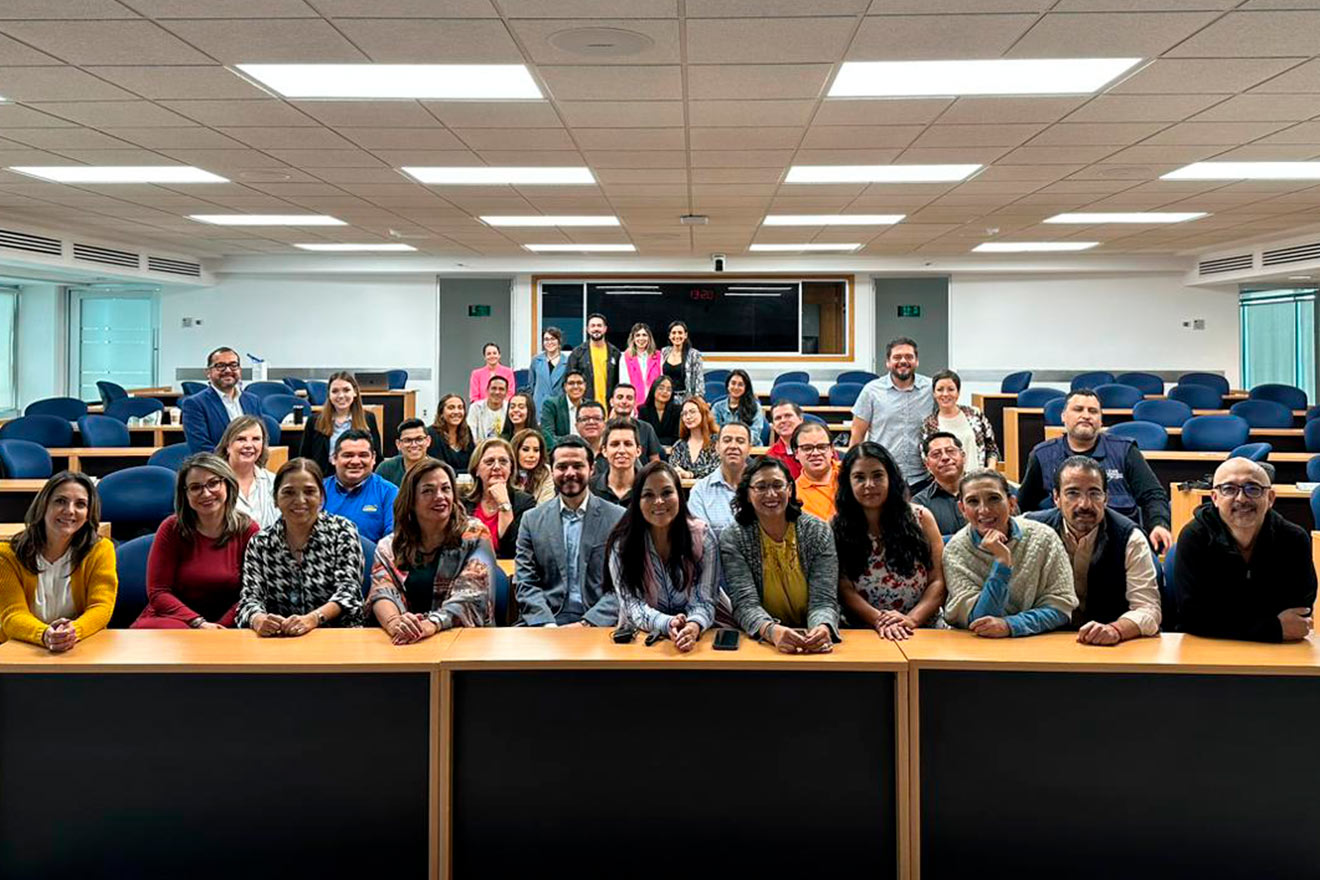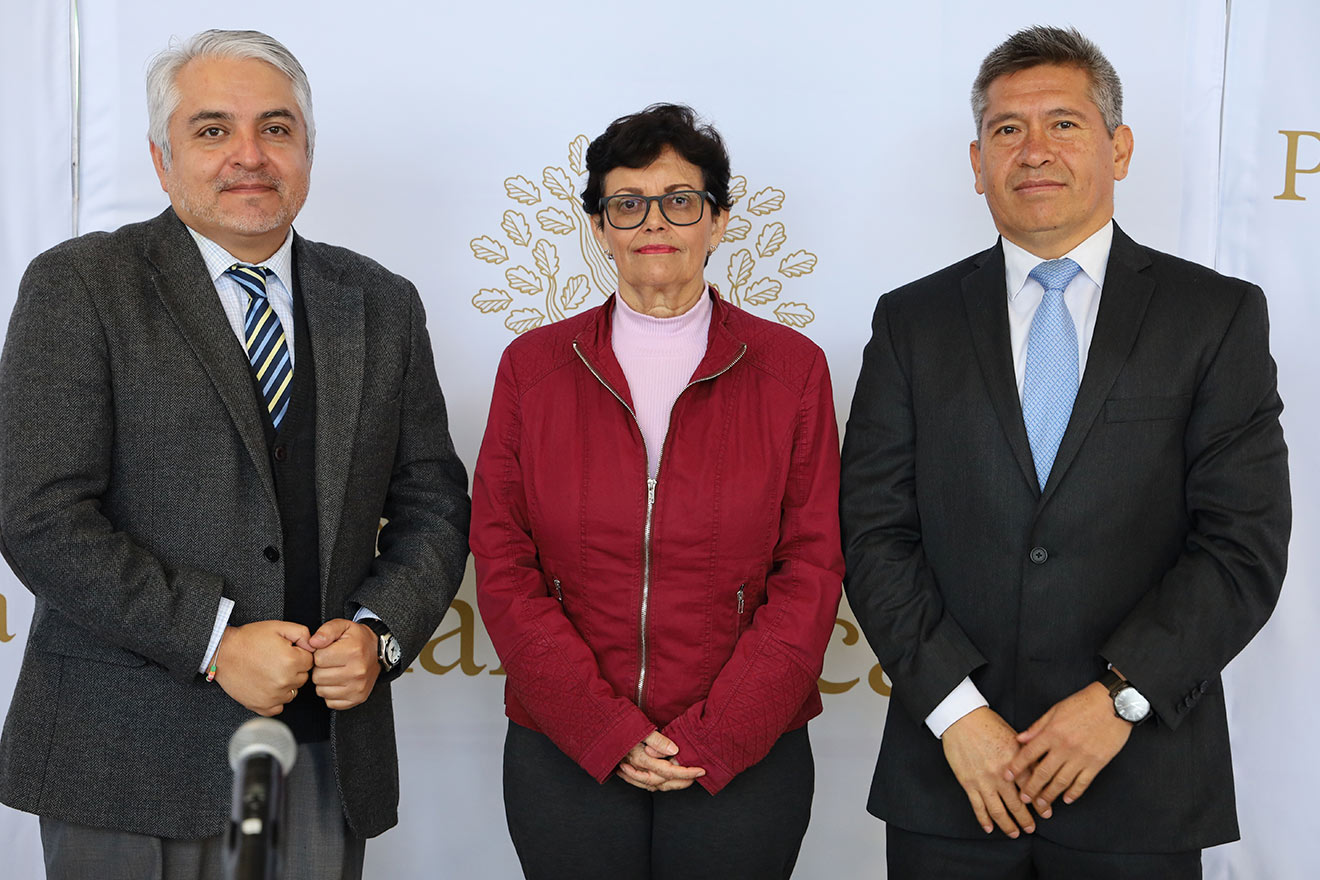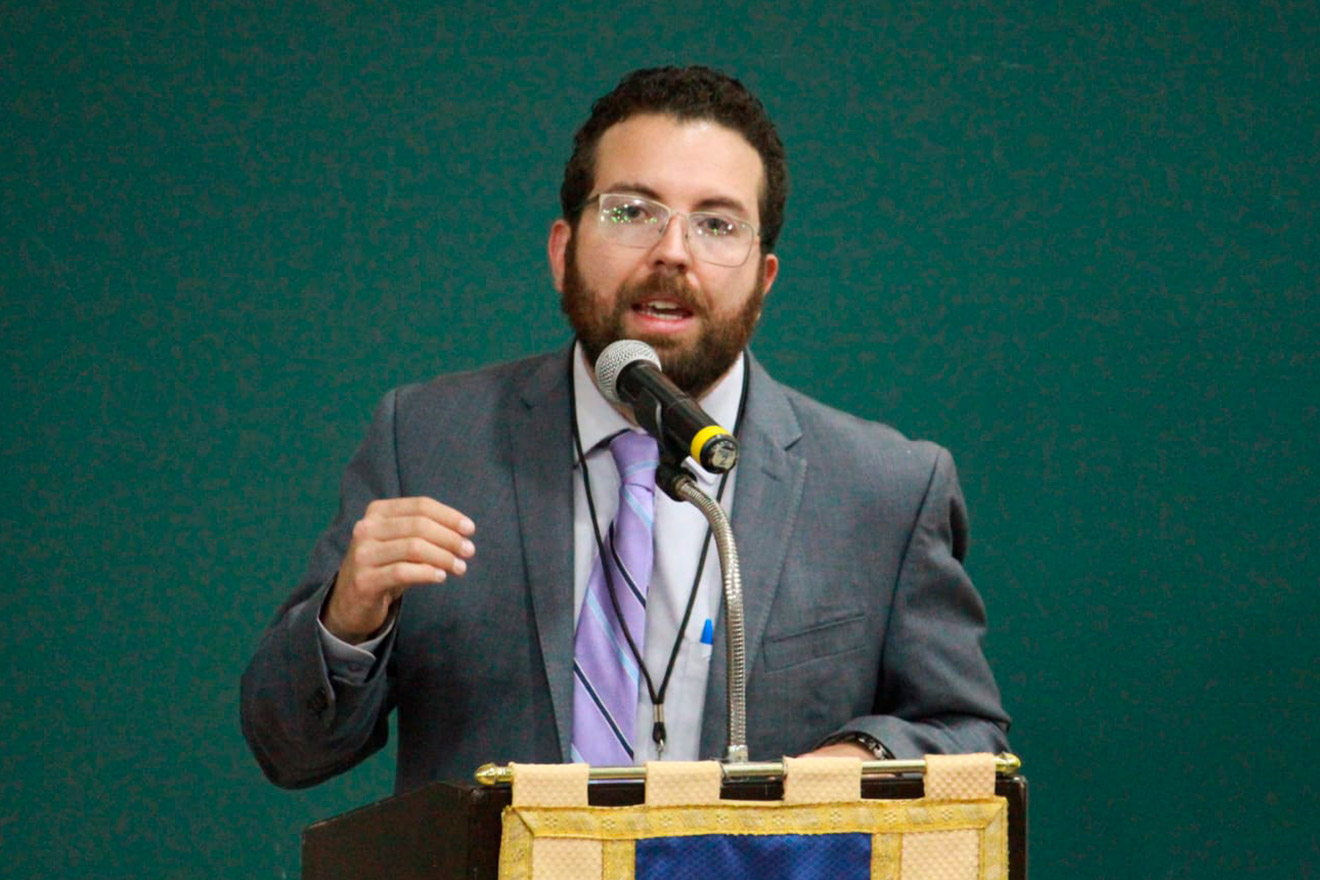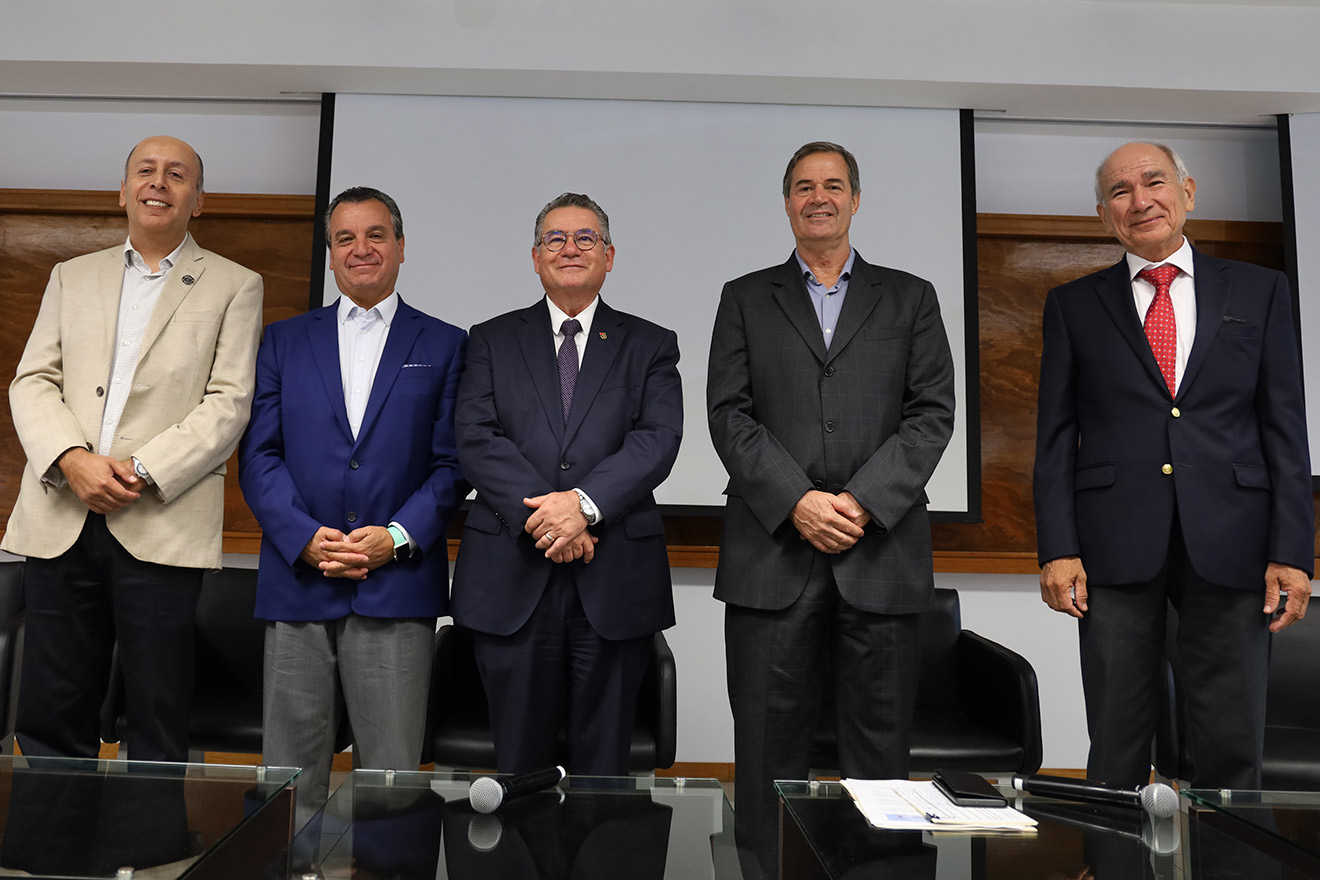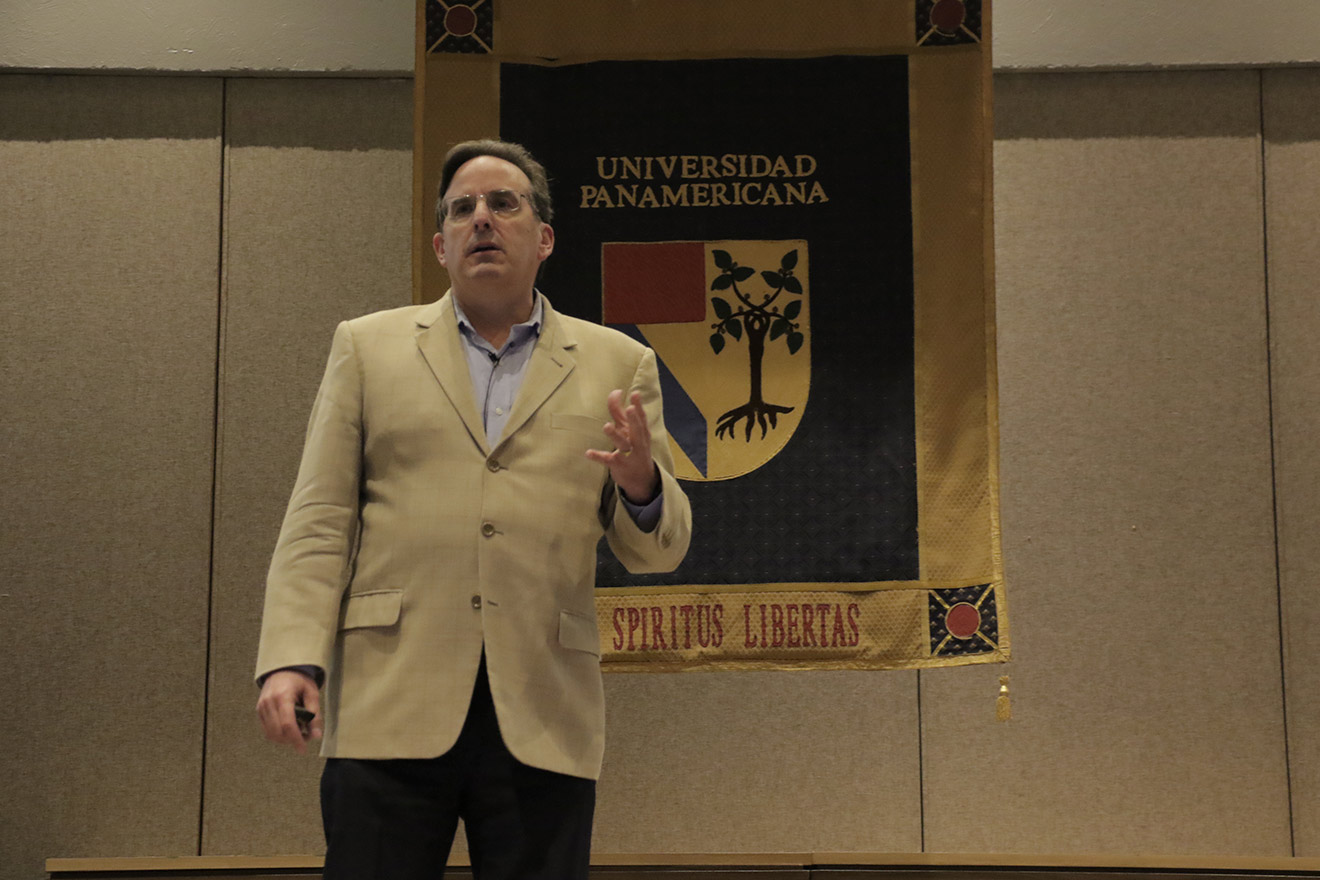Mexico City, May 25, 2023.- "The new public square is in cyberspace where debate enriches democracy, but at the same time threatens it with hate speech, gender violence and harassment of groups in vulnerable situations," said Clara Luz Alvarez, researcher at this university, while participating in the Seminar on Personal Rights, violence and other undesirable behaviors on the Internet and social networks.
The event was organized by the Universidad Panamericanain conjunction with the National Autonomous University of Mexico (UNAM) and the Mexican Academy of Communication.
Gender violence, harassment or bullying
During the panel discussion Gender violence, harassment or bullying on the Internet and social networks, moderated by Claudia de Buen Unna, Laura Coronado Contreras, Researcher at Universidad Anáhuac México, said: "Cyberbullying is a practice that should not be normalized".
"It is a behavior that is repetitive, that violates the victim 24 hours a day, seven days a week and that there is a legal framework to avoid it, but above all we must have prevention measures; that is, have a healthy use of social networks, have an assertive communication and that the networks work for us and not, us for them," he also said.
Alejandra López Martínez then commented: "We have a great challenge ahead to generate substantive equality, to eliminate gender-based political violence and, above all, this political aggression that occurs in social networks; because the perpetrator is generally anonymous and can hide in a lawless place".
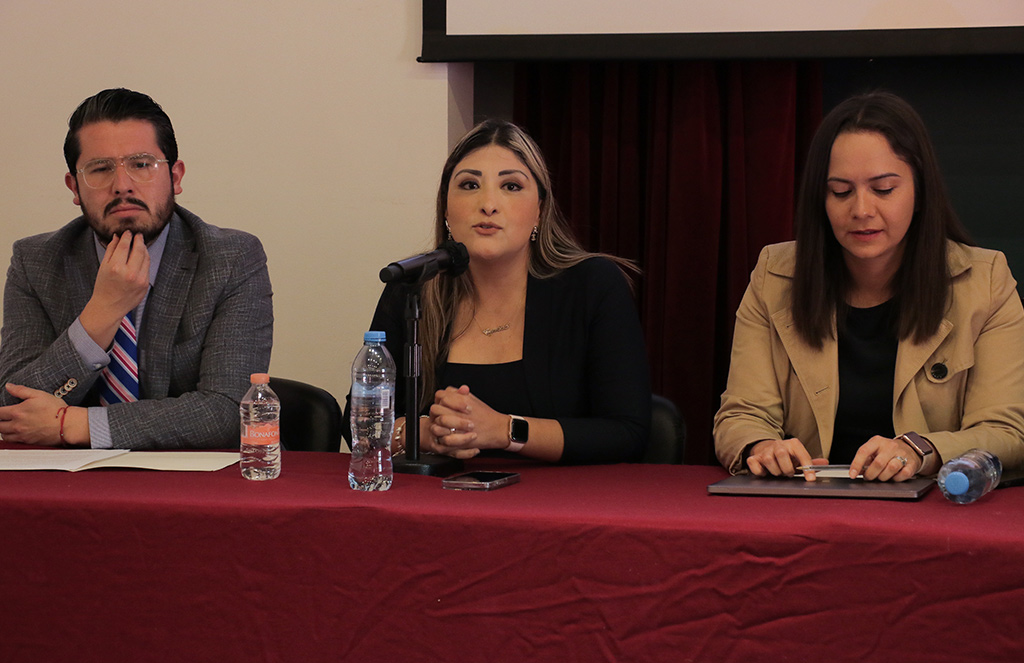
"Not only as a society, but as authorities, we have to regulate it and give women access to their political electoral rights," she commented.
For her part, Erika Pérez Domínguez, said: "The feminist perspective makes it possible to better understand gender violence, because it is a violence that does not occur without a structure of unequal relations. To understand and transform it we need to approach it in its context".
Claudia del Buen added: "We cannot prevent gender violence for the moment, but we have to react to gender violence in different ways, the most important is to denounce it, but also to raise awareness among students, among the new generations," she added.
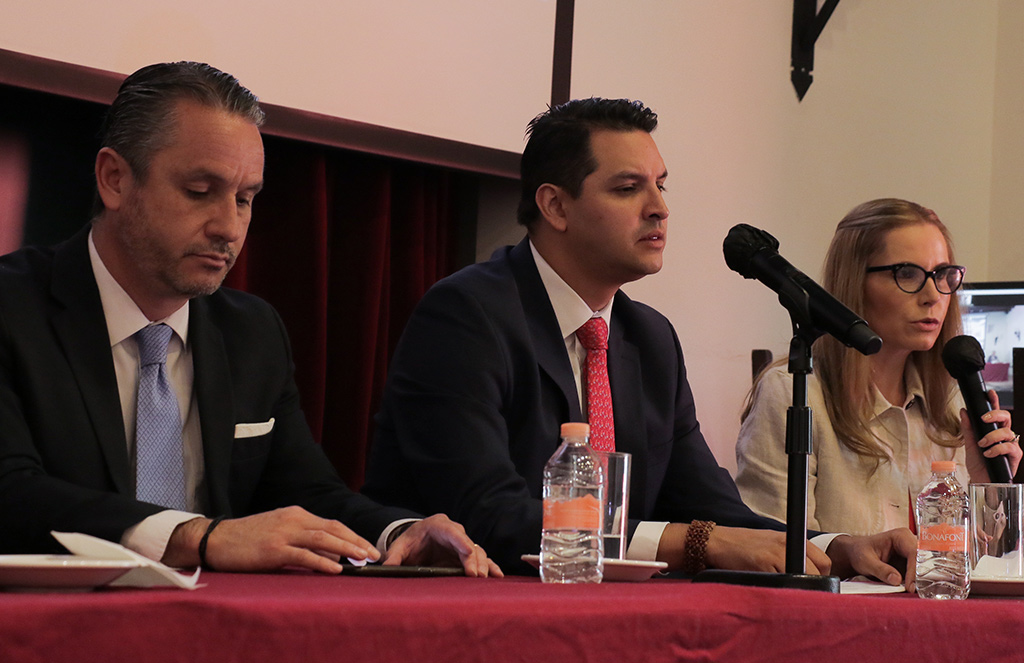
Hate speech and polarization
At the panel table Speech of hate and polarization on the Internet and social networksmoderated by Iván Aldechi Peña Estrada, Fernando Ignacio Gutiérrez Cortes highlighted "the need to educate about the environment developed in digital technology in order to take greater advantage of the new tools".
On the contrary, he explained that "we can be victims and hostages of the systems and those behind them (the algorithms), we have already seen some negative repercussions (in the elections)".
While Eduardo Higuera analyzed the case of singer Rhiana and what she faced afterwards with her show at the Super Bowl. He pointed out "this vulnerability that we all have, especially in social networks, it doesn't matter if you are an artist or a normal person, everything is maximized and can be seen in favor or against, despite the success you may have".
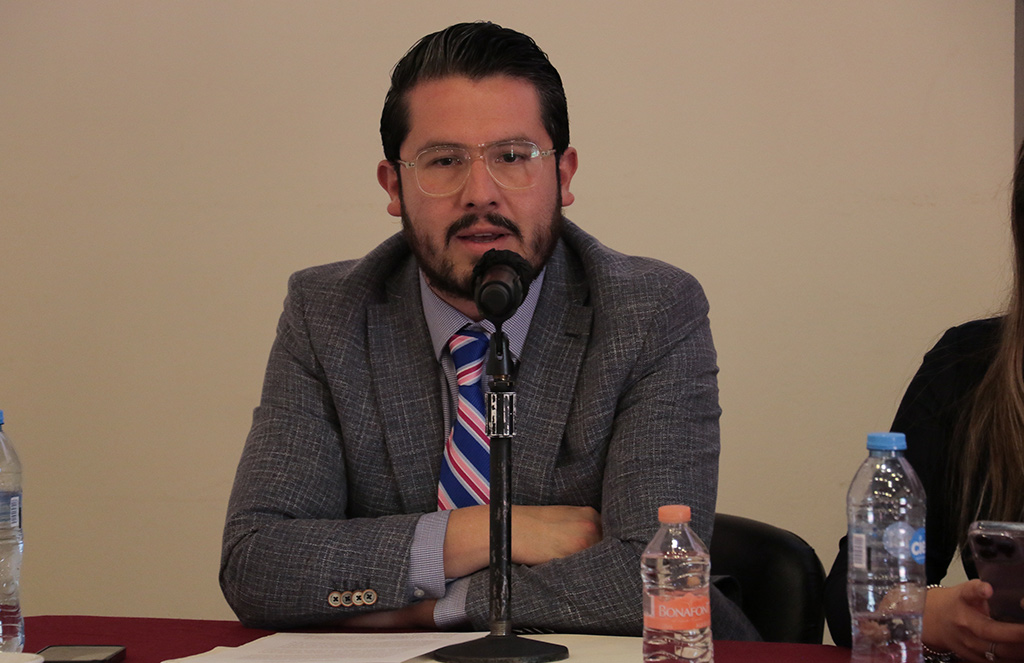
Marimar Arguelles, from the Hate and Concord Laboratory of the Violence and Peace Seminar of COLMEX, presented a conceptual framework "that allows us to clearly define political, social and acute polarization, hate speeches, and in some way, find the nuance of each one, in order to detect them in social networks, analyze them and see the penetration they have".
Afterwards, José Guillermo Silva Aguilar, coordinator of UNAM's Human Rights University Program, emphasized that "there is a normalization of hate speech and polarizing discourse and how we are getting used to it on a daily basis".
"All this, we reproduce it in our most immediate universes, in chats, in social networks, which causes us to begin to normalize it and at the same time we normalize the generation of violence, which leads to the violation of human rights," he added.
Risks and opportunities
The following round table was also held Risks and Opportunities of Algorithms and Artificial Intelligencesmoderated by Clara Luz Álvarez.
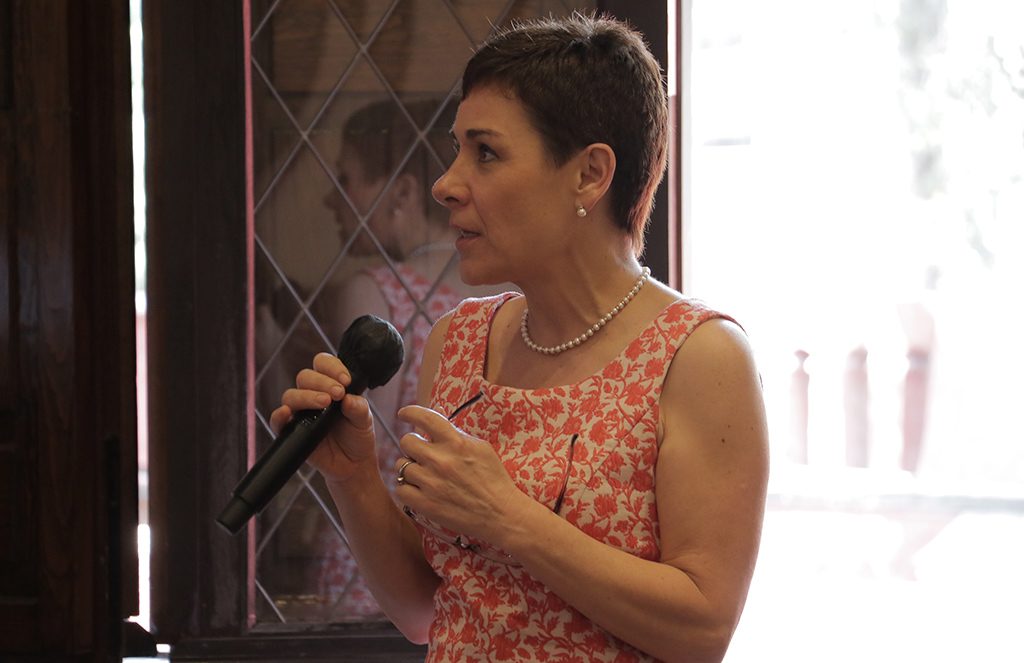
In her speech, Grecia Macías, from the Network in Defense of Digital Rights, said: "It is necessary to demystify the use and concept of artificial intelligence, it is not so intelligent, nor so artificial, because there is a human behind it. There are biases that are replicated through these automated systems and it is a problem today that must be addressed, because they already affect human rights".
Julio Cesar Bonilla Gutierrez, Citizen Commissioner of INFO CDMX, highlighted the importance of "visualizing the relevance of personal data protection, information self-determination, personal privacy and, of course, dignity in the face of the challenges of the 21st century".
Later, Martín Zumaya of Tlatelolco Lab, explained: "The main idea around algorithms and AI is to bring them closer to what we live every day, to learn to live with them, to remove that veil of mysticism, to know their scope, how they impact our lives, and with them to be more critical and responsible of the tools we use".
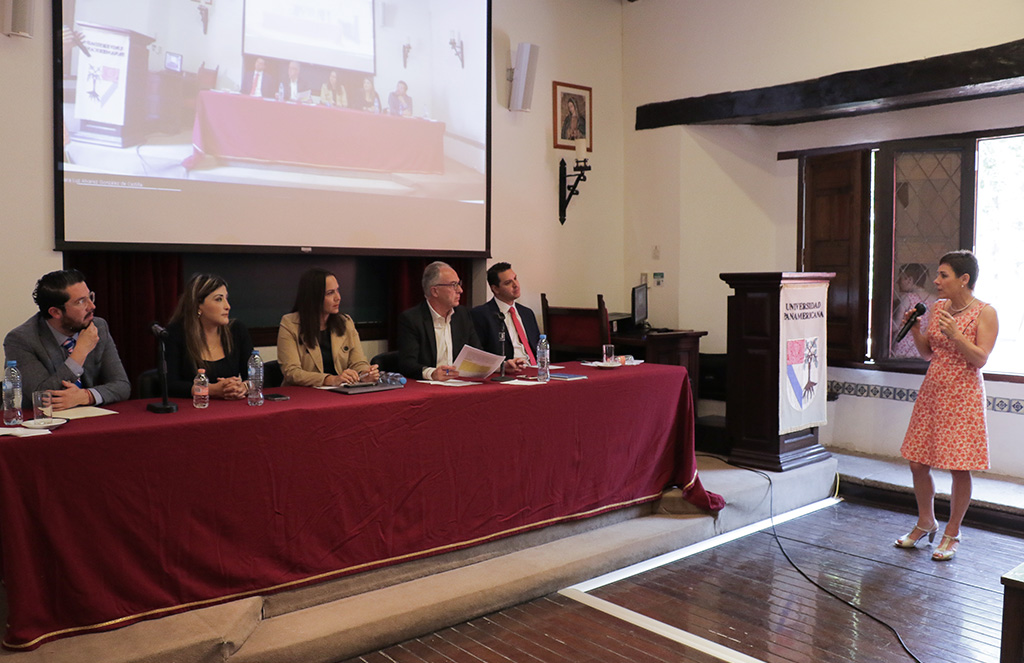
Finally, José Luis López Aguirre, research professor of Communication at UP, emphasized: "One of the fundamental risks posed by algorithms to society is the establishment of a series of filters, where through certain biases towards ideological reinforcement, dialogue is inhibited and polarization and citizen disagreement are encouraged".
"In addition, it should be noted that citizens need new critical information consumption skills and new competencies to face the phenomenon of disinformation promoted by these algorithms, through a series of information verification standards," he concluded.
The following panel discussions were also held during the event:
- Protection of personal data in the digital environment
- Right to privacy and privacy in the digital environment.
- Right to honor, image and good name on the Internet and social networks.
- Right to analog identity, digital identity and legacy.



